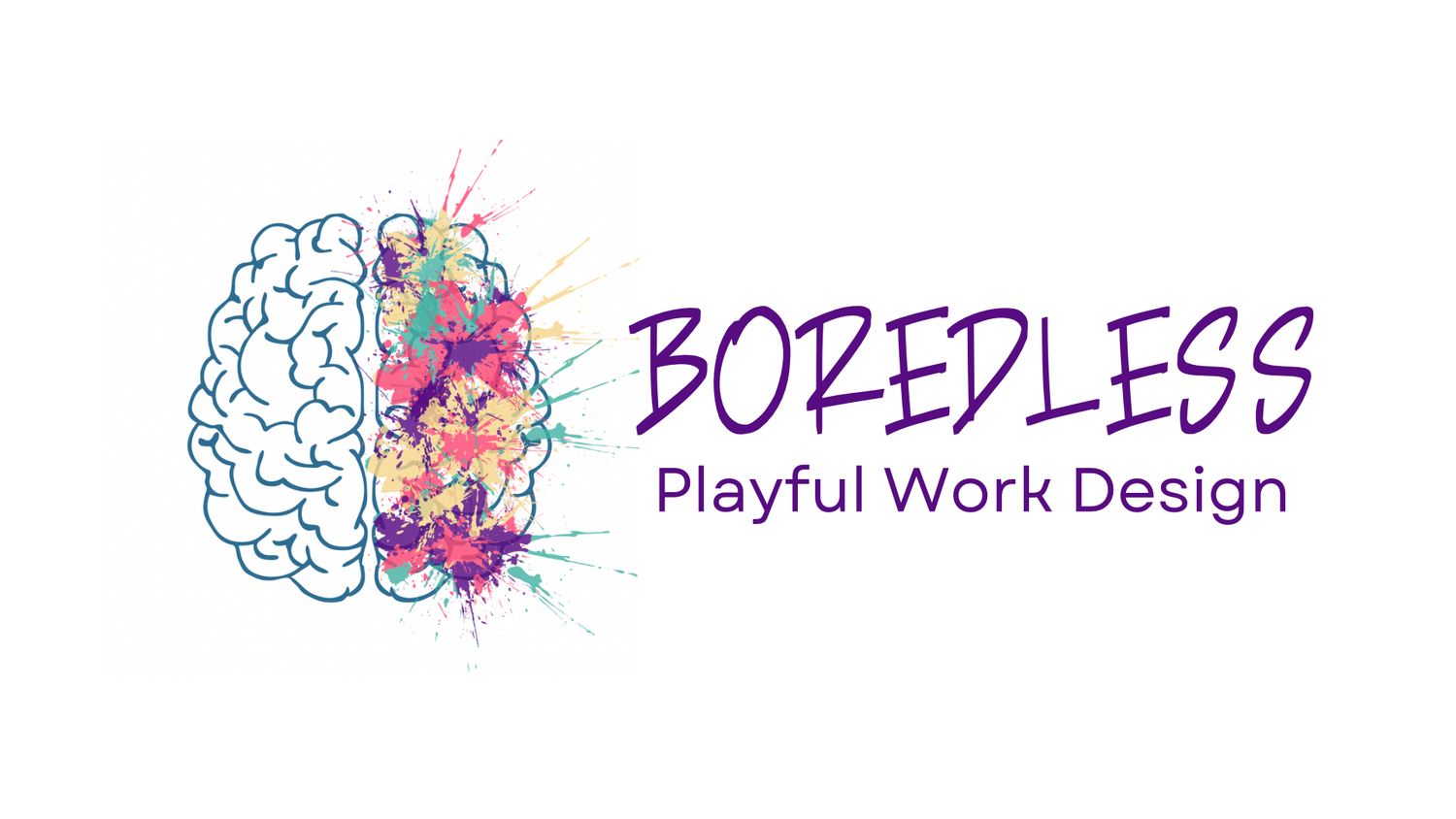Ice-breaker Facilitator Pro-Tip
When you’re facilitating a group of individuals or a team, (unless they have achieved significant psychological safety, autonomy, and inclusion)
let people opt out of introductions and “ice-breakers”
This is something I’ve done consistently at the workshops I host and keynote speeches I give. My disclaimer is usually something along the lines of
“Any activity or prompt that’s offered to you all today, is completely optional.
Participation is always voluntary”.
I generally share a brief story about my own neurodivergency. I have received great feedback from attendees about including such statements - that it makes them feel seen without being called out, included, and more comfortable - resulting in an improved attendee experience all around.
Recently, my friend and colleague Jessie Jacob shared this with our Culture First leads community about this very topic:
She said -
“This week I had the honor of attending a Culture First Denver Chapter event faciltated by the talented Acey Holmes. Something I loved about watching her facilitated what her not only leaning in her vulnerability and owning her belonging badge of 'neurodivergent.'
I also loved that she let attendees opt out of introducing or sharing all together. She just let people be whoever they wanted knowing that some may not feel comfortable sharing.
Instead of popcorn sharing or calling on the next person to share she let who ever share next and even share after they had something in common with the person who shared before. I thought this was a really powerful way to letting people share (or not).”







